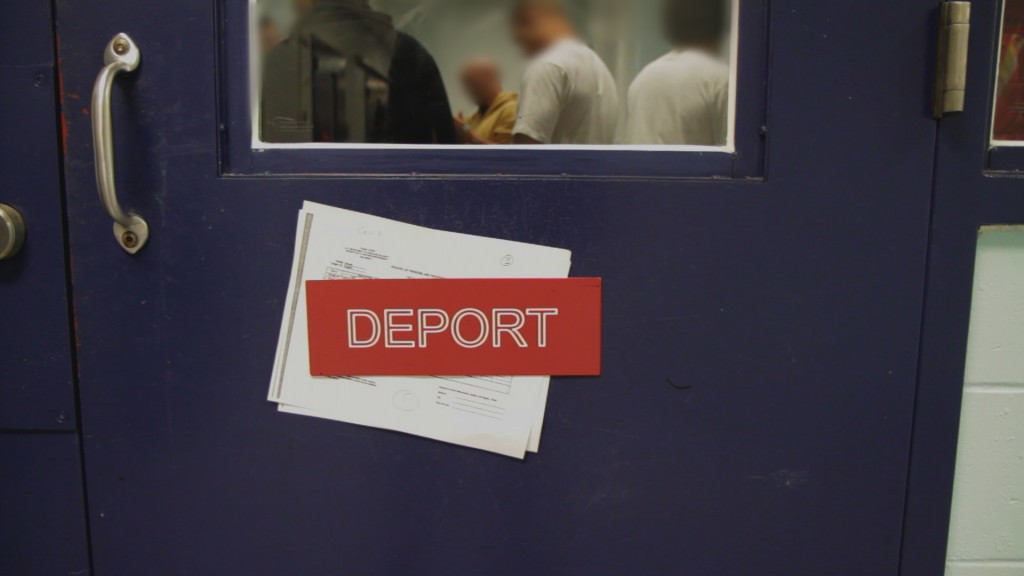Obama Administration Recommends Halting More than 1,600 Pending Deportations

January 20, 2012
Share
Back in August, the Obama administration announced it would begin reviewing 300,000 backlogged immigration cases in order to better identify and in some cases halt “low priority” deportations.
The new review process was tested in Baltimore and Denver and the results are in: The administration will recommend halting more than 1,600 pending deportations, primarily because the people involved posed no security risk and had close ties to family or community in the U.S. A Department of Homeland Security (DHS) official told the Associated Press that the immigrants will have to pass a final background check before deportation proceedings are formally halted.
The New York Times projects that up to 39,000 deportations could be halted if the pilot review process is implemented nationally.
Hans Meyer, an immigration lawyer in Denver, told the Times that people allowed to stay in the country “will be in immigration purgatory” because their immigration status will remain unchanged. As such, job prospects and the ability to obtain a driver’s license remain significant obstacles. People could also be deported at any time if found to be a security threat.
But Rep. Elton Gallegly [R-Calif.] said that the new program is representative of “the president’s refusal to enforce U.S. immigration laws.” These sentiments were echoed by Rep. Lamar Smith [R-Texas], who called the review “backdoor amnesty.”
DHS started the reviews in November, in part to respond to criticism that the administration, which deported a record number of illegal immigrants last year, was splitting up families and communities to meet numbers set by Congress.
Three state governors, including Illinois’ Pat Quinn [D], were particularly concerned about programs like Secure Communities — which uses cutting-edge technology to identify illegal immigrants with criminal records — and tried to back out of their voluntary participation in the program. While Secure Communities was originally pitched to state leaders as a way to deport the worst of the worst, Gov. Quinn’s senior adviser Jerry Stermer told FRONTLINE that the numbers instead revealed that less than 20 percent of those deported from Illinois had committed a serious crime.
Secure Communities will become mandatory across the U.S. by 2013.
Related Documentaries
Latest Documentaries
Related Stories
Related Stories
Explore
Policies
Teacher Center
Funding for FRONTLINE is provided through the support of PBS viewers and by the Corporation for Public Broadcasting, with major support from Ford Foundation. Additional funding is provided the Abrams Foundation, Park Foundation, John D. and Catherine T. MacArthur Foundation, Heising-Simons Foundation, and the FRONTLINE Trust, with major support from Jon and Jo Ann Hagler on behalf of the Jon L. Hagler Foundation, and additional support from Koo and Patricia Yuen. FRONTLINE is a registered trademark of WGBH Educational Foundation. Web Site Copyright ©1995-2025 WGBH Educational Foundation. PBS is a 501(c)(3) not-for-profit organization.





















